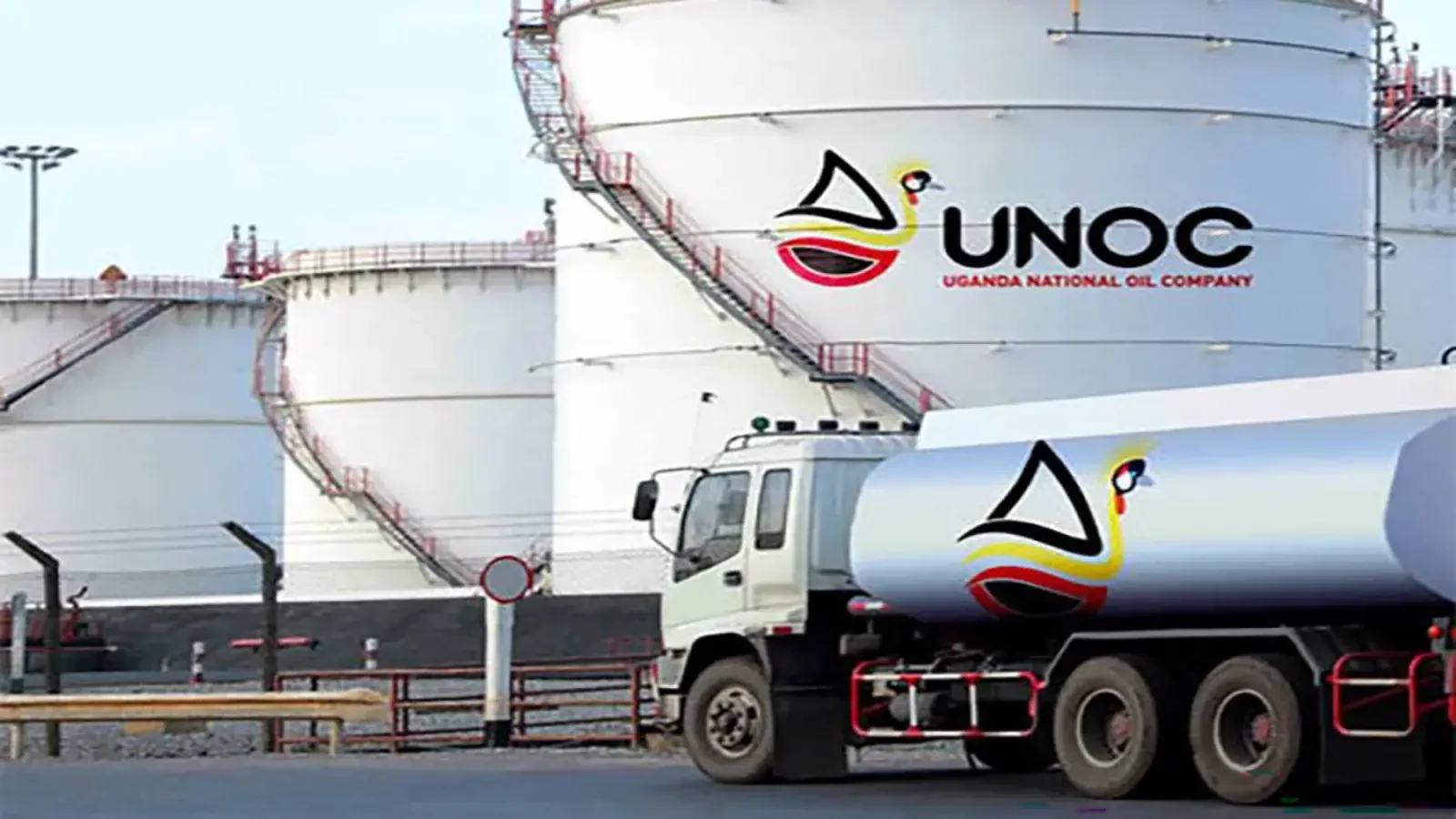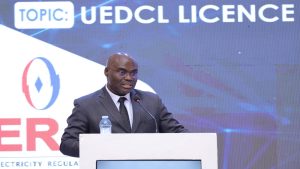Share
Nandala Mafabi, MP for Budadiri West, has petitioned the government to enable the Uganda National Oil Company (UNOC) and other enterprises to import and distribute petroleum to Uganda.
On Thursday, Mafabi testified before Parliament’s Natural Resources and Environment Committee.
The committee is looking at the Petroleum Supply Amendment Bill, 2023, which seeks to grant UNOC a monopoly on fuel imports.
Uganda is to transfer over exclusive supply rights for all petroleum products to a unit of global energy trader Vitol, effectively ending a system that sourced the oil products through neighboring Kenya, according to Uganda’s energy minister Ruth Nankabirwa.
Ugandan fuel companies obtain their supply from associated corporations in Kenya, which import the commodity on their behalf through Mombasa port.
According to Nankabirwa, this system, which accounts for 90% of Uganda’s gasoline imports, exposes the country to supply interruptions and high pump prices.
“UNOC and Vitol Bahrain E.C. have negotiated a five-year contract, and the partner (Vitol) will be financing the business by providing a working capital,” she went on to say.
According to figures from the Bank of Uganda, Uganda imported $1.6 billion (Sh6 trillion) in petroleum products in 2022.
Cabinet approved revisions to the petroleum law that would allow Vitol to supply the state-owned UNOC solely.
Mafabi, who is supported by Bukimbiri MP Eddie Kwizera, stated that Uganda operates in a liberalized economy and cannot grant UNOC monopoly status.
“Giving UNOC monopoly status would be in violation of the East African Competition Act 2006, which Uganda ratified in 2011.” It will be contrary to the spirit of the Competition Bill enacted by Parliament,” Mafabi stated.
The politician from the Forum for Democratic Change (FDC) also highlighted the case of Spedag Interfreight Uganda Ltd & 3 Others against Attorney General & The Great Lakes Ports Limited, in which the Great Lakes Port claimed monopoly status in the clearing and forwarding sector in Uganda for ten years.
“But the Constitutional Court ruled that monopoly was not allowed in Uganda” .
Spedag alleged in this constitutional challenge that the government, through the then-Ministry of Tourism, Trade, and Industry, had awarded The Great Lakes Port a 10-year contract for forwarding and managing all products brought into Uganda through the port of Mombasa. Great Lakes Port had been awarded a contract to administer Tororo, an inland dry port.
The petitioners contended that this deal amounted to establishing an industry monopoly.
It also violated the spirit of the East African Customs Union, which forbids any regional arrangement that inhibits competition. Furthermore, the region’s economies were free market economies.
Mafabi highlighted Article 40 of the Ugandan Constitution, which safeguards the country’s economic rights. According to the article, everyone in Uganda has the right to practice his or her profession and to engage in any legitimate employment, trade, or business.
According to Kwizera, UNOC should be permitted to trade gasoline alongside other enterprises.
He stated that the government, together with other parties, runs companies and services such as schools, health care, and water supply.









